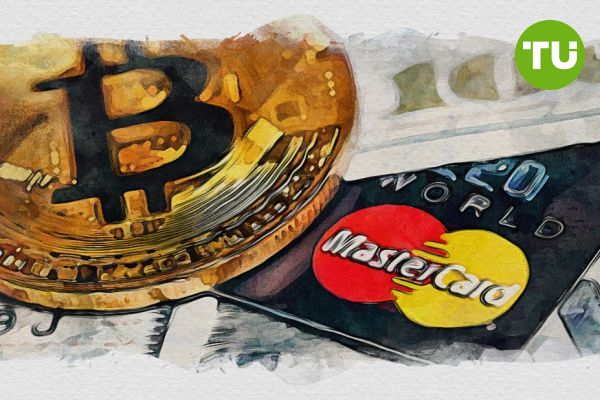Mastercard sees crypto banking integration accelerating with clearer regulations
 Mastercard sees crypto banking integration accelerating
Mastercard sees crypto banking integration accelerating
Mastercard has forecasted that 2025 will be a transformative year for cryptocurrency and banking, driven by clearer regulations and increased institutional adoption of blockchain technology.
In a recent blog post, the global payments company highlighted key trends shaping the future of digital finance, including the rise of tokenized deposits, stablecoins, and wholesale central bank digital currencies (CBDCs), according to the Cryptopolitan.
Regulation and institutional adoption fuel crypto’s expansion
With the emergence of Bitcoin-backed exchange-traded funds (ETFs) and banks issuing tokenized deposits, cryptocurrency is becoming more deeply integrated into mainstream finance. Mastercard notes that regulators worldwide are establishing clearer guidelines, providing financial institutions with greater confidence in engaging with digital assets.
In the U.S., the Securities and Exchange Commission (SEC) has established a dedicated crypto task force, while in Europe, the Markets in Crypto Assets (MiCA) regulation is setting a framework for banks to issue stablecoins and other digital assets. These developments, Mastercard suggests, will drive institutional participation and strengthen trust in crypto-based financial services.
At the same time, central banks are prioritizing wholesale CBDCs over retail versions, focusing on enhancing settlement efficiency and reducing cross-border transaction costs. The Trump administration has reinforced this trend by prohibiting the development of retail CBDCs.
Mastercard underscores that for blockchain to achieve mass adoption, security, interoperability, and ease of use are essential. The company’s Multi-Token Network (MTN) is already addressing these challenges by providing a secure and seamless platform for transactions between different blockchain networks.
As traditional finance and digital assets converge, Mastercard and major financial institutions, including Standard Chartered and J.P. Morgan, are positioning themselves at the forefront of blockchain-powered banking.
Recently last year, Floki has partnered with Mastercard to launch a debit card supporting 13 cryptocurrencies, including Bitcoin, Ethereum, and Floki Inu, available in physical and virtual forms across 31 European countries. The card features a $5,000 daily spending limit, no transaction fees, and a 2% top-up charge.













































































































































